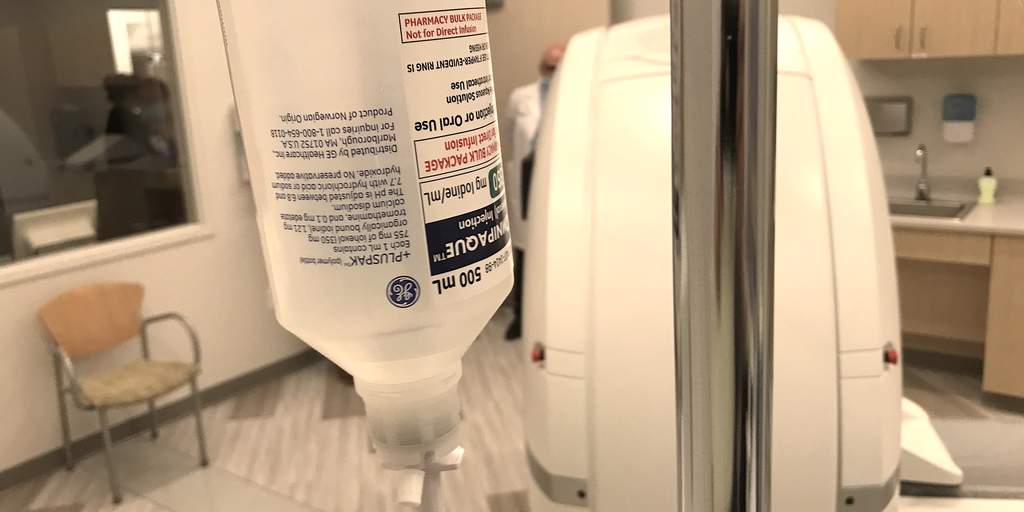Tragic Death of Renowned Engineer Sparks Investigation into Hospital Procedures
The sudden and tragic death of David Horsman, a well-known electrical engineer, has sparked an investigation into the procedures followed by Royal Bolton Hospital in England. Horsman passed away after suffering a catastrophic allergic reaction to iodinated contrast during a routine follow-up CT scan. The scan was conducted in a mobile van owned by InHealth, a private healthcare company, just outside the hospital premises. Despite having no known history of allergic reactions, Horsman’s condition deteriorated rapidly after the contrast injection, leading to his untimely death. The delay in emergency care due to miscommunication and lack of immediate access to necessary medical equipment has raised questions about the hospital’s preparedness to handle such situations. The investigation aims to uncover any lapses in protocol and ensure that necessary measures are in place to prevent similar tragedies in the future.
Language Barrier Blamed for Delay in Emergency Response in Fatal Hospital Incident
The tragic incident at Royal Bolton Hospital that resulted in the death of David Horsman has raised concerns about the impact of language barriers on emergency response procedures. The radiographer who conducted Horsman’s CT scan, Indogesit Okon, had recently arrived from Nigeria and faced challenges in effectively communicating the urgency of the situation to the hospital staff. The miscommunication led to a significant delay in the arrival of the crash team, ultimately affecting Horsman’s chances of survival. The incident highlights the need for hospitals to address language barriers among their staff members and ensure that clear communication channels are established to facilitate prompt and effective emergency responses.
Anaphylactic Reaction to Iodinated Contrast Blamed for Tragic Death of Patient
The recent death of David Horsman at Royal Bolton Hospital has been attributed to an anaphylactic reaction to iodinated contrast used during a CT scan. Despite his previous scans being uneventful, Horsman suffered a severe allergic reaction that proved fatal. The coroner’s report identified heart disease as a contributing factor to his death. The lack of immediate access to lifesaving equipment, such as a defibrillator, further complicated the situation and hindered efforts to resuscitate Horsman. The incident serves as a reminder of the risks associated with medical procedures involving contrast agents and the importance of ensuring proper training and preparedness among healthcare professionals to handle such emergencies effectively.
